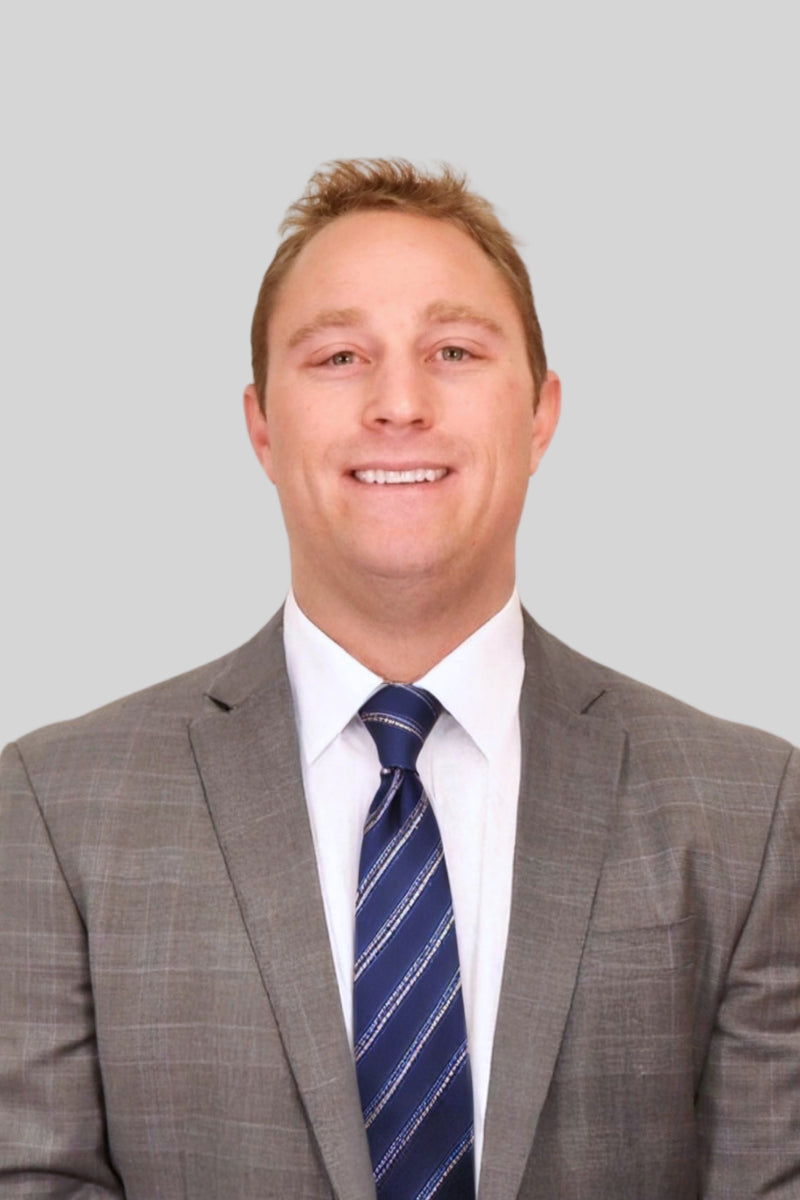You deserve to feel safe everywhere you go

Our attorneys advocate for people who’ve been hurt because someone else failed to maintain reasonably safe premises

Slip & Fall
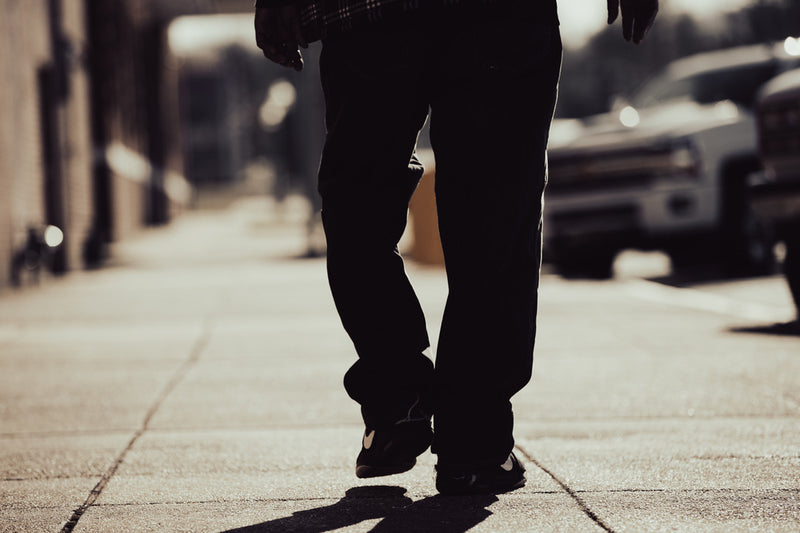
Trip & Fall
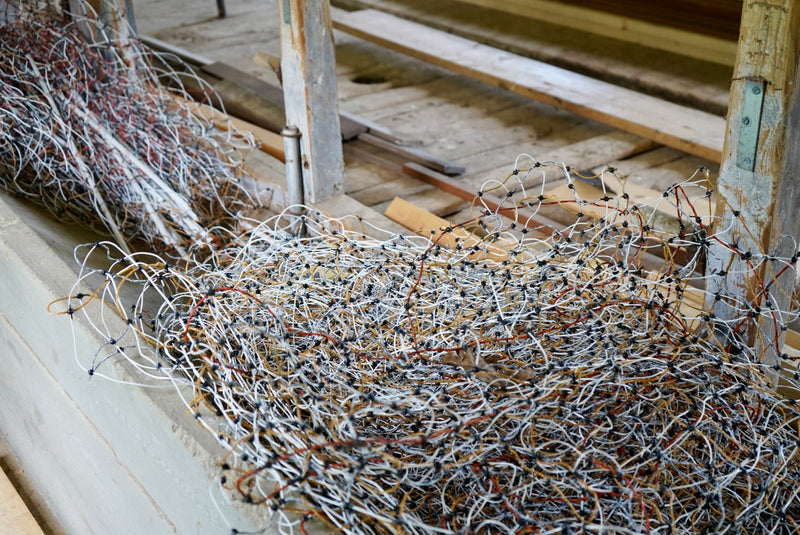
Unsafe Public or Private buildings
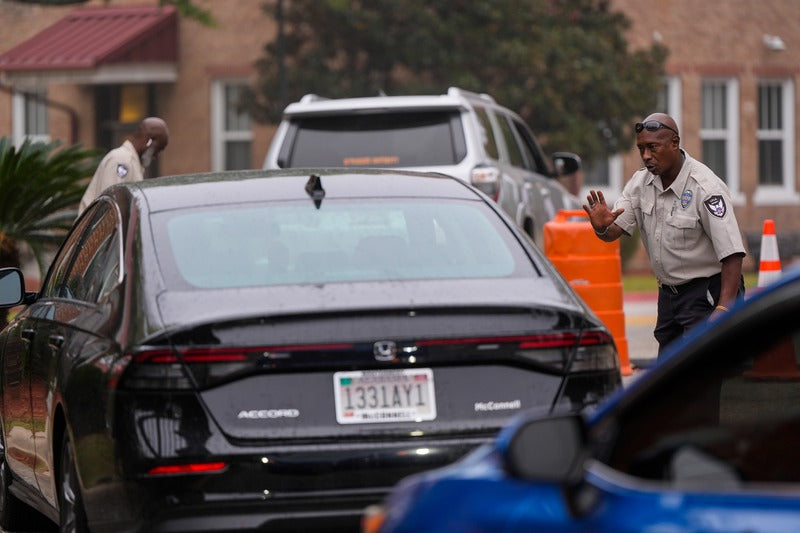
Inadequate Security
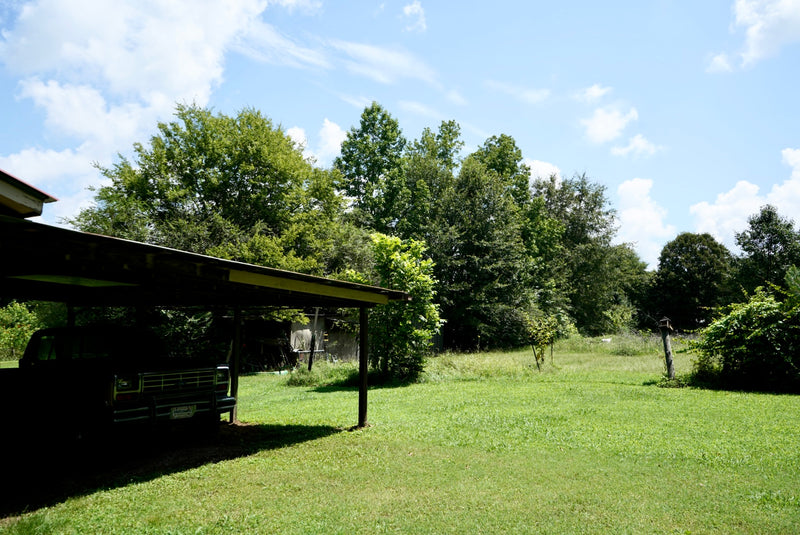
Injuries at Rental Properties
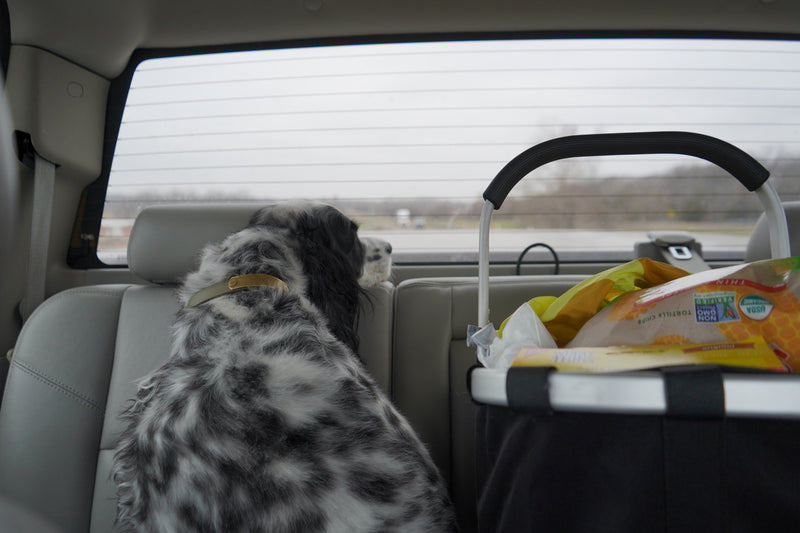
Animal Attacks
Let's talk about what happened
If you or a loved one have been injured at no fault of your own, please complete the form below, and a member of our team will be in touch to schedule a complimentary case evaluation.
All fields with an asterisk * are required.
Motor Vehicle Accidents
Commercial Truck Wrecks
Workplace Injuries
Slip & Fall
Defective Products
Medical Negligence
Premises Liability
Wrongful Death
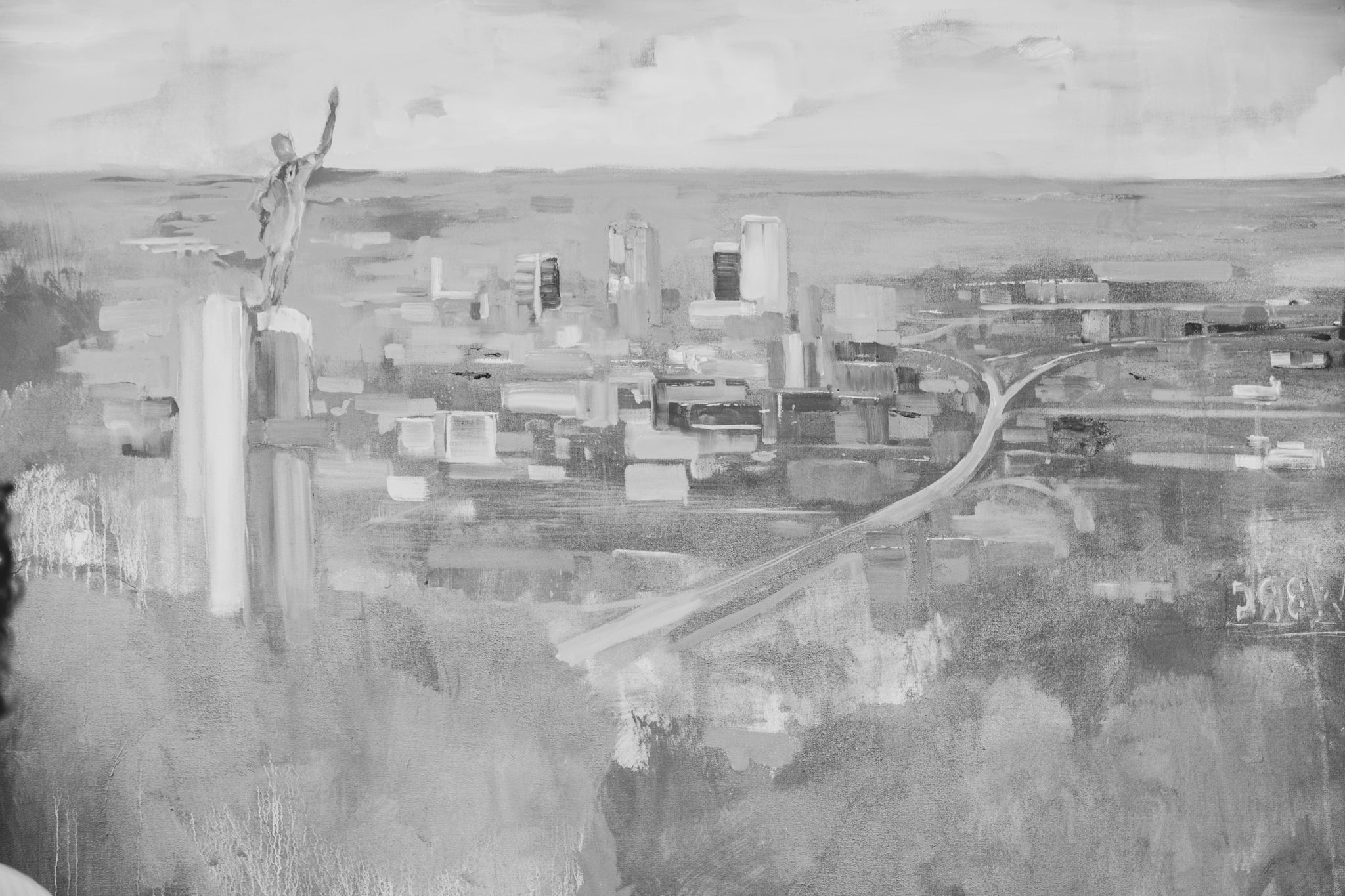
The process of filing a premises liability claim in Alabama
If needed, seek medical attention immediately.
At the scene of the accident, it’s important to stay calm as much as possible and think about what you can do to lay the groundwork for a personal injury case. Do not speak to the other person(s) except to exchange contact information and insurance information. You do not want to unintentionally accept liability for the accident.
Take pictures of your injuries and the scene of the incident. Get video footage and photos from multiple angles if possible.
Seeking medical treatment is crucial if you want to build a strong personal injury case after an accident. Not only could you have life-threatening injuries after an incident, you need to prove that any injuries you sustained were caused by the accident. If you go to the doctor a week or two after the accident, for example, the other side could argue that your injuries weren’t really all that serious or they were not related to the accident. They can’t do that quite as easily if you go to urgent care or the emergency room immediately after an accident.
Once you begin receiving medical care, keep all of the documentation and bills you receive. Follow your doctor’s treatment recommendations and do what you can to mitigate the severity of your injuries. Ignoring your doctor’s treatment recommendations can seriously weaken your case.
Protect your rights immediately.
Hiring an attorney should be the first item on your to-do list after you have gotten checked out by a medical professional. They can begin gathering evidence, investigating your accident, and building a case for you. Additionally, they can take over communication with the insurance company, taking one more item off your plate during this difficult time.
Once the other person’s insurance company is notified about the incident, they want to settle the claim and protect themselves legally as quickly as possible. If it's obvious that their client is to blame, you can expect to hear from them very quickly after an accident. However, do not talk to them until you have an attorney. It doesn’t matter how nice they sound, how much sympathy they seem to have for your injuries, or that they want to give you money right now; if you accept their initial offer, it is extremely likely that you will get less than you deserve.
Each state has laws regarding the statute of limitations for a personal injury case. In Alabama, you must file a case within two years of the date of your accident. If you miss this deadline, you will be unable to recover compensation. If your claim is against the government, you must meet even stricter deadlines. A claim against a municipality has a six-month statute of limitations, and a claim against a county has a one-year statute of limitations.
There are several accidents and events that may fall under the legal theory of premises liability, or the closely related theory of landowner negligence. These may include:
- Slip and fall accidents
- Dog bite/animal attacks
- Swimming pool accidents
- School and playground accidents
- Daycare accidents
- Amusement park accidents
- Elevator and escalator accidents
- Exposure to toxic substances
- Accidents that result from defective property conditions
- Accidents that result from inadequate property maintenance
- Assaults and injuries that result from negligent security
In order to determine if you have a viable premises liability claim, you must first prove that the landowner owed you a duty of reasonable care to ensure your safety. But the owner’s duty of care differs depending on the type of visitor you were when you got hurt on the property.
There are three general types of property visitors:
- Invitees: An invitee is someone who has explicit or implied permission to enter the property, usually for the financial benefit of the owner or caretaker. Examples of individuals who fall into this category include customers of commercial establishments, tenants who rent or lease a residential or commercial property, and subcontractors who are paid to do work on the property. The highest duty of care is owed to invitees. Landowners are supposed to take reasonable steps to inspect the property and keep it free of hazardous conditions, and to adequately warn property guests of their existence.
- Licensees: A licensee is still someone with implied or explicit permission to be on the property, but they generally enter it for their own purposes. Examples of licensees may include unsolicited door-to-door salespeople, mail carriers, neighbors, and social guests. Landowners owe a slightly lower duty of care to licensees. They are still required to take reasonable steps to keep the property safe and free of known hazards, but they are not necessarily required to regularly inspect the property for dangers that were not previously known.
- Trespassers: A trespasser is someone who has not been invited on the property and has no legal right to enter it. Landowners owe very little duty of care to trespassers – their only requirement is to refrain from willful or wanton misconduct or entrapment that causes them harm. If you were trespassing when you were injured on someone else’s property, you will be facing an uphill battle should you decide to bring a premises liability action
Although property owners have an obligation to protect invited visitors on their property, individuals are also responsible for taking reasonable steps to keep themselves safe. This is the basis of the open and obvious defense. It means that if an obstacle is “open and obvious to a reasonable person”, it might not be the property owner’s fault if someone fails to notice it.
This defense is applied in a variety of ways. Consider, for example, an outdoor garden with large potted plants throughout the property. A visitor to the gardens strikes their calf on a stone planter hard enough to suffer a fracture. It comes out that they were looking at their phone when they ran into the planter. It could be argued that the planters are open and obvious, and beyond that, they are to be expected in an outdoor garden.
However, this varies in different settings. Consider a retail store. There is an uneven spot on the floor bridged by a small step. Someone doesn’t notice it because they were looking at clothing racks as they passed by. In this case, it might be reasonable for a consumer to be looking at a store’s products while walking. Additionally, an unexpected step in the middle of a store would be hard for anyone to predict. In this situation, the open and obvious defense may not work.
To successfully address these arguments, it is important to take proactive steps immediately after the accident. Obtain as much documentation of the event as possible. Take multiple photos from various angles to show how the accident happened, and if you are physically unable to take pictures, have someone else do it for you.
Obtain statements and contact information from any individuals nearby that may have witnessed the accident. Seek immediate medical attention from a qualified professional, so your injuries are properly treated. And finally, get in touch with a seasoned personal injury attorney as soon as is convenient. The sooner you get an attorney involved, the better your chances of recovering compensation for your injuries.
If you have sufficient evidence to support your premises liability or landowner negligence claim and the ability to successfully argue your case, you may be entitled to compensation. This may include not only direct monetary losses such as medical expenses and loss of present and future earnings, but also for non-economic losses such as pain and suffering, psychological distress, loss of enjoyment, and in the most severe cases, permanent disability.
To be successful with a premises liability or landowner negligence claim in Alabama, you must overcome the state’s “contributory negligence” legal standard. Contributory negligence means that if an injured party “contributed” in any way to the underlying accident (even 1%), they can be barred from recovering damages.
The landowner and their insurer will almost certainly attempt to use this defendant-friendly standard to try to pin some of the blame on you for your accident. Some possible defenses they may use include:
- The defendant was not aware of the hazardous condition that caused the injury;
- The hazardous condition was “open and obvious” to a reasonable person;
- The plaintiff was not watching where they were going (e.g., you were looking down at your phone or taking a selfie) when he/she was injured;
- The plaintiff was in an area of the property where visitors are not allowed, or they do not normally go.
Waiting Too Long
The longer you wait to file a personal injury claim, the less evidence you have at your disposal. It’s best to meet with an attorney right after your accident so they can investigate, gather evidence, and move forward with your claim.
Going Public with Your Injury
Whether you post about your accident on social media or go to the news about it, you could be seriously damaging your case by going public. While it may be difficult, limit your discussion of your claim to your attorney until it is settled.
Not Knowing the Terms of Your Settlement
If you do negotiate a settlement, make sure you completely understand its terms. Victims will sometimes take a settlement, and then try to go back to the liable party to ask for more compensation. This is almost guaranteed not to happen.
Underestimating Damages
In some cases, victims underestimate their damages. When trying to calculate medical bills, they might look at the bills coming from the insurance company and simply calculate them that way. They don’t realize that the other party’s insurance company may have to pay the whole bill, not just the part that their health insurance doesn’t cover. They forget to calculate in the cost of going to and from doctors’ appointments, medication expenses, ambulance bills, and other expenses. This is one reason you should work with an attorney during this process.
Ignoring Medical Advice
If you are seeking compensation for your injuries, there’s an expectation that you have a vested interest in having your injuries healed. If you go to the doctor but fail to attend follow-up appointments, skip physical therapy sessions, or don’t do your range of motion exercises, it may appear to the other side that you are dragging out your injury just to get more money out of them.
Not Hiring an Attorney
This is easily the most expensive mistake that accident victims make. People skip hiring an attorney for a number of reasons. They might be worried about the cost, which isn’t an issue because most personal injury attorneys work on a contingency basis. They may worry about the stress of going to court, which isn’t an issue because the vast majority of personal injury cases are settled out of court.
Assumption of Risk
Assumption of risk refers to the fact that every activity comes with some level of risk. If you choose to engage in that activity, you are essentially accepting that risk. The level of risk for an indoor trampoline park, for example, is different than the level of risk that comes with going for a walk around the block.
Compensation
Compensation is money paid from a negligent party or a negligent party’s insurance company to a victim of their negligence.
Damages
This refers to any type of loss you have suffered as the result of an accident caused by someone else’s negligence. For example, your damages might include lost wages from time off of work, medical bills from your injuries, and property damage. You will need to document damages to get compensation.
Duty
If someone has a duty or duty of care to someone, they have an obligation to limit damage to them. A good example is the duty of care a driver has when they are on the road. They have a duty of care to everyone else on the road, so if they text while driving or drive drunk, they are violating that duty.
Gross Negligence
When someone violates their duty of care, it is considered gross negligence if they blatantly and recklessly disregard the other person’s health, wellbeing, or property.
Liability
Liability refers to a legal obligation one has. In personal injury law, it typically refers to one person’s obligation to pay for damage caused in an accident.
Litigation
When you decide to move forward with a lawsuit, you are engaging in litigation. This isn’t always the end result of a personal injury claim, since many claims are settled during negotiations.
Negligence
When someone violates their duty of care to another person, they are engaging in negligence. Many people use this term to refer to the carelessness shown by one individual in an accident.
We’ve helped thousands rebuild their lives after devastating injuries, but for us, it’s not just about numbers — it’s about what those outcomes made possible
Steven Cole and Ted Mann are outstanding attorneys. I'm am very satisfied with the outcome of my case. I would definitely use them again.
Robert Potter is a great attorney that will fight for you. He has a wonderful staff that is equally committed to help your every need.
I would like to say, I would recommend this law firm to anyone who needs help, they did a sensational job for me.

Mann & Potter did an exceptional job representing me in my case. They were accessible, compassionate, and driven throughout the duration of my case.
Steven Cole prepared me well for each phase of the case, explained the process thoroughly, maintained constant communication, and ultimately was successful in reaching a substantial settlement.
I would highly recommend Mann & Potter to anyone who needs representation.
Connect with our legal team today





